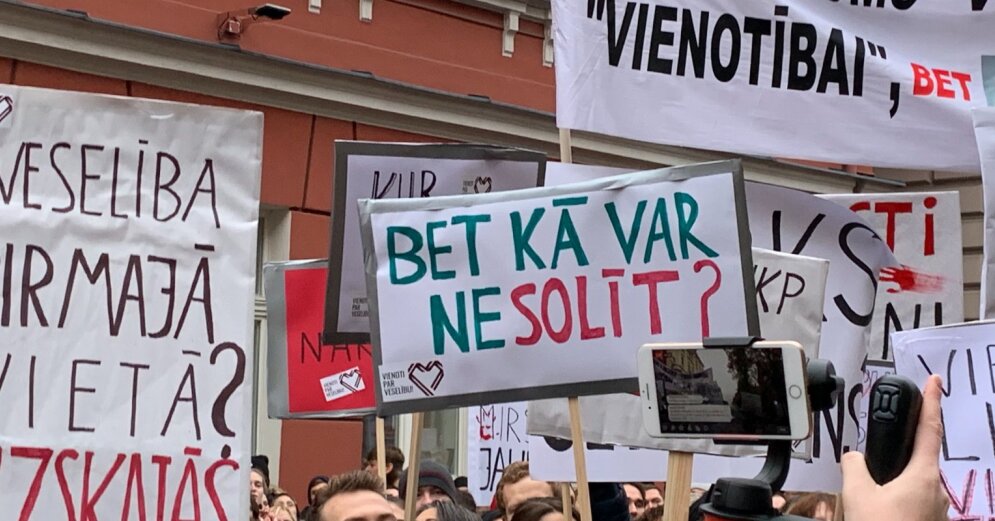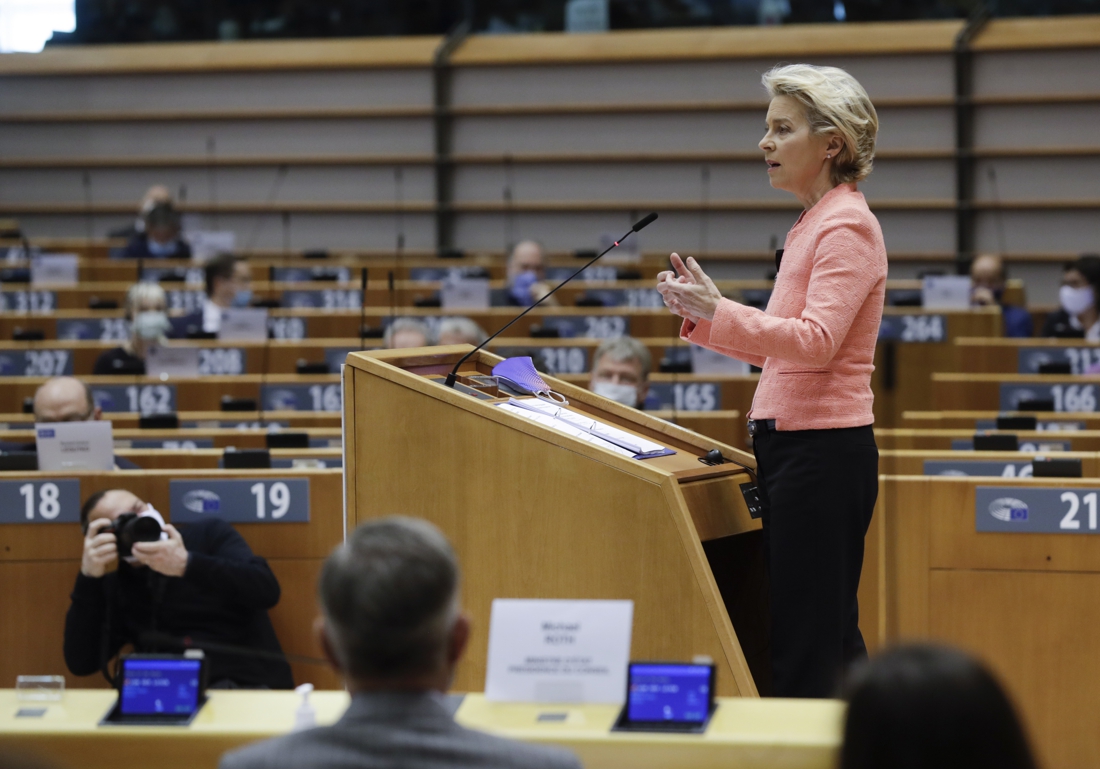The Latvian Health and Social Care Workers’ Trade Union (LVSADA) does not support Ministry of Health (VM), Inga Rudzīte, LVSADA work coordinator, informed about the implementation of the new salary procedure for medical practitioners.
–
Content will continue after the ad
Advertising
–
The LVSADA Council decided unanimously at the September 15 meeting.
After carefully analyzing the report on the development of a new procedure for the remuneration of medical personnel, the council has established that it contains a number of untruths about the shortcomings of the existing remuneration system, Rudzīte pointed out.
For example, the summary section of the report states that the current system does not define the desired ratio between the basic salary and the variable part of remuneration. In the opinion of LVSADA, this statement is not true, because the current regulation stipulates that wages consist of salary (70%) and bonuses (30%). In practice, allowances make up 38% of the average salary of doctors and 29% of the average salary of nurses, emphasizes LVSADA.
The trade union sees the irony that the creators of the new order have defined exactly the same relationship between salary and bonuses and announced it as an achievement of the “diamond approach” of their “design thinking method”.
The LVSADA Council has also identified several serious risks, which in their opinion threaten the health care sector, that would follow the implementation of the new procedure: departure of the best specialists from the public sector, loss of motivation of young medical also avoiding statutory wage increases in 2020 and 2021.
The trade union also points to the potential risk of a reduction in the motivation of younger medical staff (nursing assistants), which is explained by the reduction in their average pay from 40% to 29% of doctors’ average pay under the new rules.
On the other hand, the risk that the new arrangements will help the government avoid increasing the statutory average wage for health care workers in 2020 and 2021 exists because the funding model proposed in the report summary for achieving the target salary over a seven-year period starting in 2021 does not provide for the specified increase in wages, emphasizes the trade union.
The LVSADA Council considered such a procedure unacceptable, therefore decided not to support it. At the same time, the council decided to call on the deputies of the 13th Saeima to immediately provide funding for the increase of wages in the health care sector in the amount provided by law.
It has already been reported that, according to the results of testing in medical institutions, by the end of the year Ministry of Health (VM) plans to prepare a regulatory framework to start the implementation of the new remuneration model for medical personnel as of January 1, Deputy State Secretary of the Ministry of Foreign Affairs Āris Kasparāns told the media at a remote press conference at the end of July. Such a pilot study is being conducted at Pauls Stradiņš University Clinical Hospital.
–


